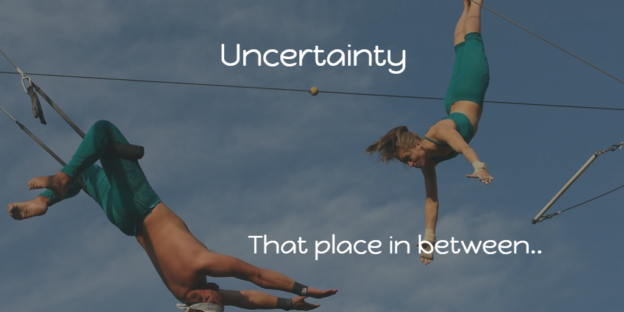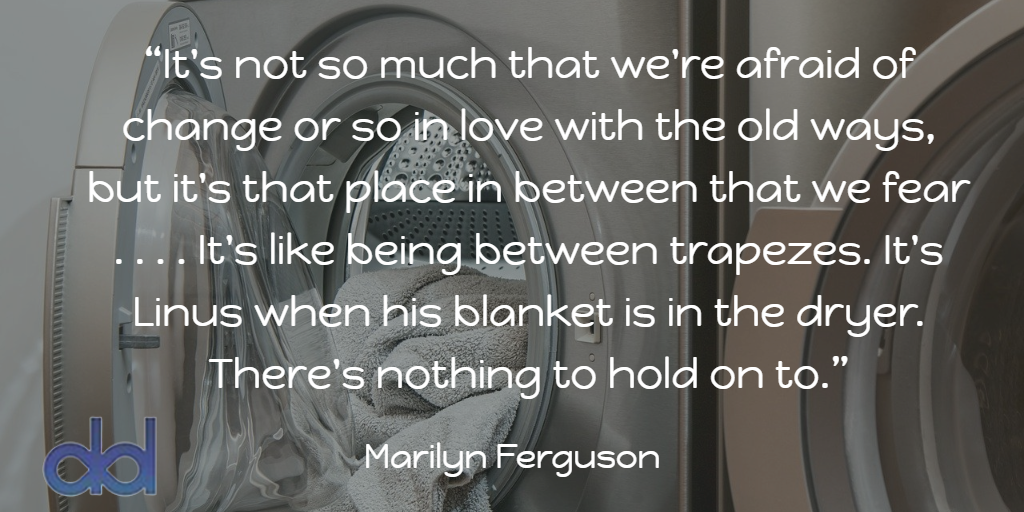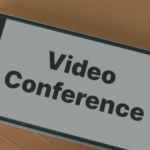There is no doubt we are all part of a Covid19 collective trauma even though we all have different experiences of this crisis. Some are actually positive. Introverts love it and people who wanted to WFH actually want it to go on for ever. But for many, the impact has been negative ranging from discombobulating at best, to traumatic at worst. Some are so severely impacted they feel they are exhibiting symptoms of PTSD.
My own experience
I noticed it in myself a few weeks ago, after 12 weeks into lock down. A slowing down, a lack of usual energy, not understanding something first time and an erratic sleeping pattern. I thought it was just me. Shortly after, I attended an online meeting where some action points were agreed which were confirmed in writing. The response a few days later from all those present was as if the meeting had never taken place. I wondered what was going on because it was so crazy making.
Problems of privilege
Participants in webinars and clients say that they need support to cope with the isolation and fatigue of working from home. Then they felt guilty because they recognise these as very first world problems of privilege. Most were not front-line workers facing the direct traumas of the pandemic putting themselves at risk every day.
A significant portion had not lost their jobs and been laid off via a group Zoom call. They had not been personally sick and feared for their lives and dealt with rehabilitation periods lasting weeks. They had not lost loved ones saying goodbye over an iPad or being able to hold a funeral. Most have not seen family for months (myself included.)
Some describe themselves as feeling disorientated and dazed. Others miss many elements of working physically in-person with their team. Groups miss random in person meetings, brain storming, meetings, lunches with colleagues, after work drinks, the reactions of their colleagues, the jokes and ribbing. Even the challenges and disagreements. They miss connection and connectedness.
Communal struggle
We are all struggling to deal with the uncertainty of not knowing what’s next. We understand that the rules have changed, but feel ill-equipped to deal with the situation. Mainly we feel a lack of control with no end in sight. It’s the place between what used to be and what will be, It’s a bit like Linus’ blanket – the place in between, the intersection of waiting and not knowing.
Even the most senior are not sure if their plans will work. I have never heard so many leaders say openly “None of us have dealt with something like this before. We’re working it out as we go along”
Actions for all
The most important thing for all of us is to:
- talk openly about how we feel, but empathize with the situation of others. Everyone has something.
- take concrete action to lobby for wellness and support programmes in our organisations
- be supportive of others in our own sphere of influence
- pay it forward and build our next normal
Being in between trapezes requires total confidence and trust in the catcher. This is part of the problem, because in some cases we don’t even know who our catcher is. But this COVID19 collective trauma crisis situation offers the opportunity for change. When we start to address the bigger picture, we have to take into account a diversity of needs and experiences and make sure we include those into our thinking, without slipping back to binary choices.
If your organisation need support for the next normal get in touch NOW.






